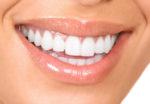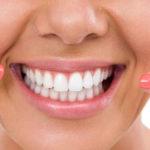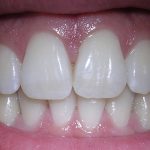5 Surprising Ways to Brush Your Teeth Without a Toothbrush
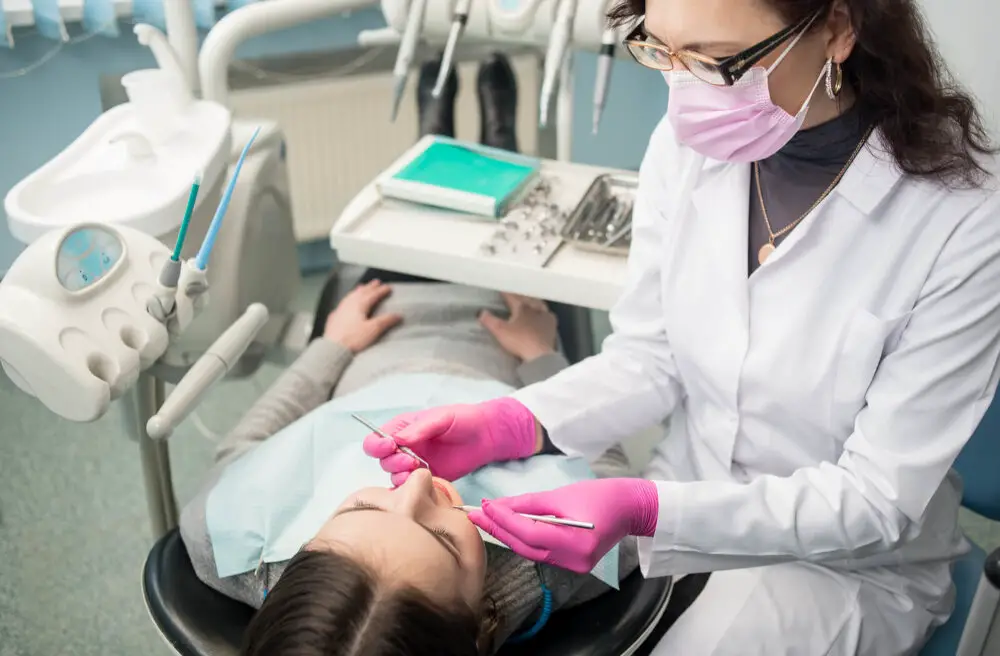
Maintaining good oral hygiene is essential for a healthy lifestyle, and brushing your teeth regularly is an important part of it. However, there may be times when you don’t have access to a toothbrush, or you forget to pack one while traveling. In such situations, you might be wondering if there are alternative ways to clean your teeth effectively. The good news is that there are a few surprising and creative ways to brush your teeth without a toothbrush that you can try at home or on the go. These unconventional methods may sound strange, but they have been used for centuries by different cultures around the world. From using natural twigs to rubbing your teeth with a piece of cloth, these techniques have proven to be effective in removing plaque and bacteria from your teeth. In this article, we will explore five surprising ways to brush your teeth without a toothbrush and how they can benefit your oral health. So, whether you’re in a pinch or looking for a new way to clean your teeth, keep reading to discover these unique methods.
Baking Soda Scrub
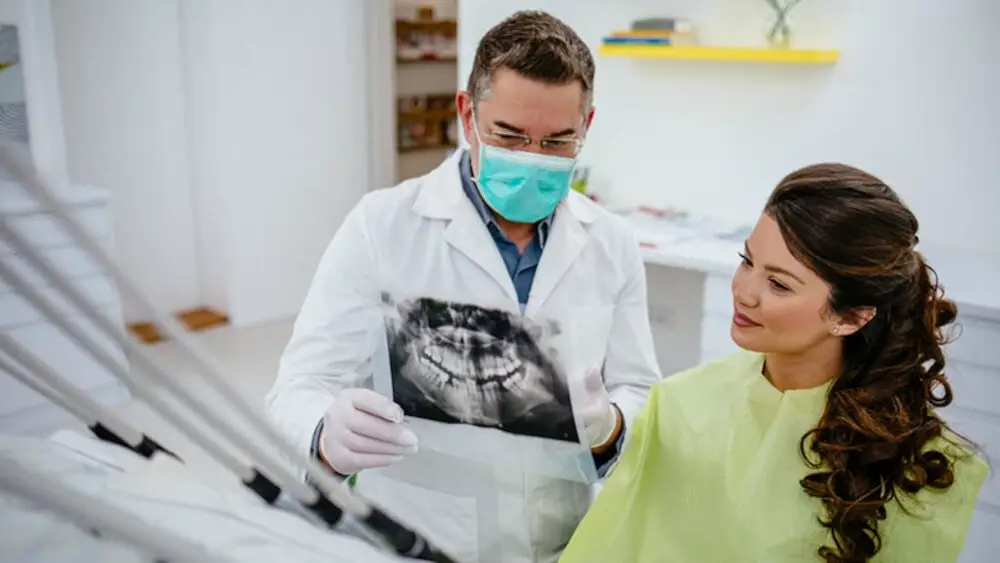
Baking soda scrub is a popular and effective way to brush your teeth without a toothbrush. Baking soda has natural whitening and cleaning properties that can help remove surface stains and plaque from teeth. To make a baking soda scrub, simply mix a small amount of baking soda with water to form a paste. Apply the paste to your teeth and gently scrub with your finger or a soft cloth. Rinse your mouth thoroughly with water after brushing. Using a baking soda scrub can also help neutralize the pH level in your mouth, which can prevent the growth of bacteria that cause bad breath. In addition, baking soda is a gentle abrasive that can help remove surface stains without damaging the enamel on your teeth. While baking soda is generally considered safe to use for brushing, it’s important not to use it too frequently or vigorously as it can be abrasive and cause damage to your teeth over time.
When it comes to oral hygiene, a toothbrush might not always be within arm’s reach. Luckily, there are alternative ways to clean your teeth that you might not have thought of. One surprising method is to mix baking soda with water to create a paste. Baking soda has antibacterial properties and can help neutralize the acids in your mouth that can cause cavities. By creating a paste with water, you can use your finger or a cloth to apply the mixture to your teeth and gently scrub away any plaque or debris. This method can be especially useful when traveling or during emergencies when a toothbrush is not available.
In situations where you don’t have your toothbrush with you, there are still ways to clean your teeth. One surprising way is to rub a paste on your teeth using your finger or a cloth. This technique can be effective in removing plaque and bacteria that cause bad breath. However, it’s important to use a gentle touch to avoid damaging your teeth and gums. You can make a paste using baking soda and water, or even use a small amount of toothpaste if it’s available. Rubbing the paste on your teeth can give you a temporary but refreshing feeling in your mouth, making this an effective option in a pinch.
Rinsing your mouth with water can be a simple yet effective way to clean your teeth when you don’t have a toothbrush available. This method helps to wash away any food particles or residue left on your teeth, preventing the buildup of plaque and bacteria. Additionally, rinsing with water can help to neutralize any acids in your mouth, reducing the risk of tooth decay. It’s important to note that while rinsing with water can be helpful in a pinch, it’s not a substitute for regular brushing and flossing. However, incorporating this habit into your daily routine can contribute to better oral health overall.
Oil Pulling

Oil pulling is an ancient Ayurvedic technique that involves swishing oil around in your mouth for 10-20 minutes before spitting it out. The most commonly used oil for oil pulling is coconut oil, but other oils such as sesame or sunflower oil can also be used. The idea behind oil pulling is that the oil pulls toxins and bacteria from your mouth, improving oral health and overall health. Oil pulling has been shown to reduce bad breath, whiten teeth, and improve gum health. However, it is important to note that oil pulling should not replace brushing and flossing, but rather be used as an additional oral hygiene technique. To practice oil pulling, take a tablespoon of oil and swish it around in your mouth for 10-20 minutes before spitting it out. It is important to not swallow the oil as it will contain the toxins and bacteria that have been pulled from your mouth. Once you have finished oil pulling, rinse your mouth out with water and brush your teeth as usual. It is recommended to oil pull once a day, preferably in the morning on an empty stomach. Oil pulling may take some getting used to, but it is a simple and effective way to improve your oral health.
When it comes to brushing teeth, most people rely on toothbrushes and toothpaste. However, there are alternative ways to maintain oral hygiene, and swishing coconut oil in your mouth is one of them. This natural method is called oil pulling and has been practiced for centuries in Ayurvedic medicine. The idea behind oil pulling is that the oil acts as a magnet, pulling bacteria and toxins out of your mouth. Coconut oil is particularly effective because it contains lauric acid, which has antimicrobial properties. Although it may sound strange, swishing coconut oil in your mouth for 15-20 minutes can leave your mouth feeling fresh, clean, and healthy.
Spit the oil out and rinse your mouth with water is an ancient technique of oral hygiene that is still being used in many cultures around the world. This method involves swishing a tablespoon of oil, usually coconut or sesame, in your mouth for around 20 minutes, then spitting it out and rinsing your mouth with water. The oil acts as a natural antibacterial agent that helps to remove harmful bacteria from the mouth, while also promoting healthy gums and teeth. This technique can be especially useful for those who do not have access to a toothbrush or toothpaste, making it a great alternative for maintaining oral health in challenging situations.
Did you know that you can remove bacteria and freshen your breath without using a toothbrush? One surprising way to achieve this is by using baking soda. Baking soda has natural antibacterial properties that can neutralize the acids in your mouth and eliminate odors that cause bad breath. Simply mix a teaspoon of baking soda with water to create a paste, then use your finger or a cloth to apply the paste to your teeth and gums. Rinse your mouth thoroughly with water afterwards, and you’ll be amazed at how much fresher your breath feels. This is a great alternative when you don’t have access to a toothbrush, or when you want to freshen up on the go.
Chewing on Fresh Herbs
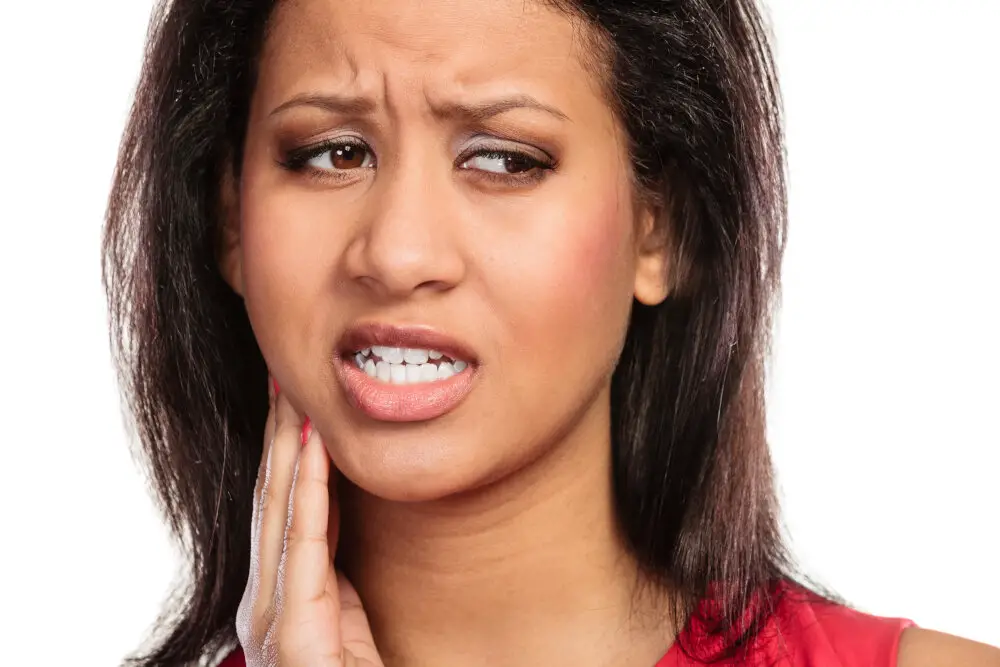
Chewing on fresh herbs is a great alternative to brushing your teeth when you don’t have a toothbrush. Herbs such as parsley, mint, and cilantro have natural antimicrobial properties that can help kill bacteria in your mouth. They also have a refreshing taste that can help freshen your breath. Simply chew on a handful of fresh herbs for a few minutes, making sure to get them into all the nooks and crannies of your teeth. You can also mix them with a little bit of water to make a paste, which you can then rub onto your teeth with your fingers. Not only will this help clean your teeth, but it can also provide a natural way to whiten them. Chewing on fresh herbs can also be a great way to relieve bad breath. Bad breath is often caused by the bacteria that live in our mouths, and by chewing on herbs, you can help eliminate those bacteria. In addition, many herbs have a natural ability to neutralize bad odors, which can help mask the smell of bad breath. Some people even use herbs like mint and parsley as a natural mouth freshener, chewing on them after meals to help keep their breath smelling fresh. So, the next time you forget your toothbrush, consider reaching for a handful of fresh herbs instead.
Fresh herbs like mint, parsley, and cilantro are not just for flavoring your dishes; they can also help you maintain good oral hygiene. These herbs contain natural antiseptic properties that can help kill bacteria in your mouth, reducing bad breath and preventing plaque buildup. Simply pick a few leaves of your favorite herb and chew them thoroughly, making sure to reach all areas of your mouth. Not only will your breath smell fresher, but you’ll also benefit from the vitamins and minerals found in these herbs. So next time you forget your toothbrush, reach for a handful of fresh herbs instead.
Taking a sip of water and swishing it around your mouth vigorously can help freshen your breath and dislodge any food particles that may be stuck between teeth. This simple and effective trick can be done anytime, anywhere and is particularly useful after meals or when you don’t have access to a toothbrush. Water not only hydrates your mouth but also promotes saliva production, which helps neutralize the acids that cause bad breath and tooth decay. So next time you’re caught without a toothbrush, don’t fret, just grab a glass of water and swish away for a cleaner, fresher mouth.
Using a Tongue Scraper
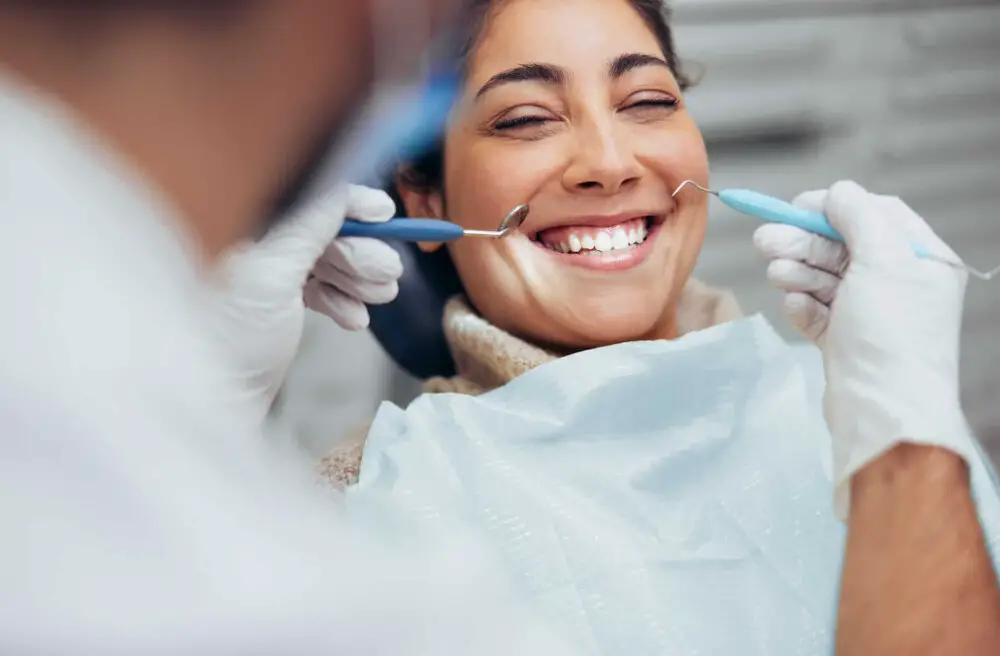
Using a tongue scraper is one of the most effective ways to remove bacteria and debris that accumulate on the surface of your tongue. Tongue scrapers are usually made of metal or plastic and are designed to gently scrape the top layer of your tongue, removing the build-up of bacteria and other particles that can cause bad breath and other oral health problems. Using a tongue scraper is simple and can be done in just a few seconds each day. Simply place the scraper at the back of your tongue and gently pull it forward, repeating this process until you have scraped the entire surface of your tongue. One of the main benefits of using a tongue scraper is that it can help to improve your overall oral health. By removing bacteria and debris from your tongue, you can reduce the risk of gum disease, tooth decay, and other oral health issues. Additionally, using a tongue scraper can help to improve your breath, leaving your mouth feeling clean and fresh. If you’re looking for a quick and easy way to improve your oral health and freshen your breath, using a tongue scraper is a great place to start.
One of the most overlooked areas in oral hygiene is the tongue. It harbors bacteria, food debris, and dead skin cells that can cause bad breath and even compromise your overall health. Luckily, there’s an easy and effective way to clean your tongue without a toothbrush – using a tongue scraper. This simple tool helps remove the buildup of bacteria and debris that brushing alone can’t reach. Using a tongue scraper regularly can improve your breath, enhance your taste buds, and promote better oral health. So, don’t forget to add this step to your oral hygiene routine to keep your mouth feeling fresh and healthy.
Maintaining good oral hygiene is crucial for overall health, but what if you find yourself without a toothbrush? Don’t panic! There are alternatives to help improve your oral health and freshen your breath. One way is to chew sugarless gum or mints that contain xylitol, which can help prevent bacteria growth and neutralize odors. Additionally, rinsing your mouth with saltwater can help remove food particles and reduce inflammation. Eating crunchy fruits and vegetables like apples and carrots can also act as natural toothbrushes, scrubbing away plaque and stimulating saliva production. Finally, using a tongue scraper or even just brushing your tongue with a clean cloth can help remove bacteria and reduce bad breath. With these tips, you can maintain good oral hygiene even without a toothbrush.
Maintaining oral hygiene is essential for overall health, but sometimes we may find ourselves without a toothbrush. While a toothbrush is the most effective tool for cleaning teeth, there are alternative methods available to keep your mouth clean and feeling fresh. In the article, \5 Surprising Ways to Brush Your Teeth Without a Toothbrush,\ readers are introduced to unexpected ways to clean their teeth, such as using a banana peel or a clean cloth. These unconventional methods may not be as effective as a toothbrush, but they can certainly help in a pinch. So, if you ever find yourself without a toothbrush, try out these surprising alternatives to maintain your oral health.
Conclusion

In conclusion, maintaining oral hygiene is crucial for good health, but what if you don’t have a toothbrush? The good news is, there are surprising ways to keep your teeth clean and healthy without one. From using baking soda, saltwater, fruits like strawberries, and even your fingers, there are plenty of options available to keep your pearly whites shining. While these methods may not replace a toothbrush entirely, they can come in handy during an emergency or when you’re traveling. So, next time you find yourself without a toothbrush, remember these surprising ways to keep your teeth clean and healthy.


